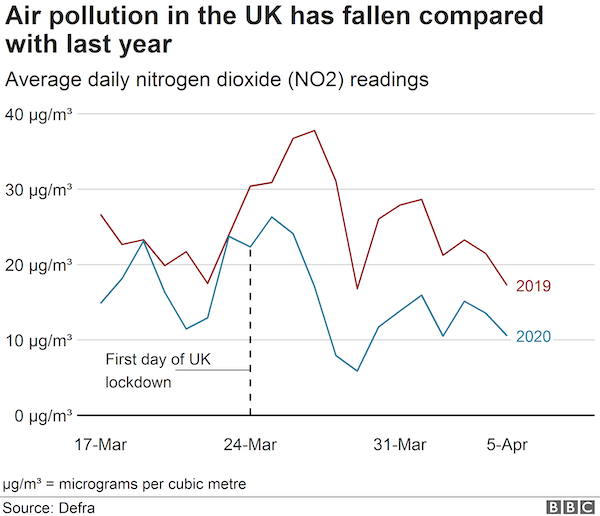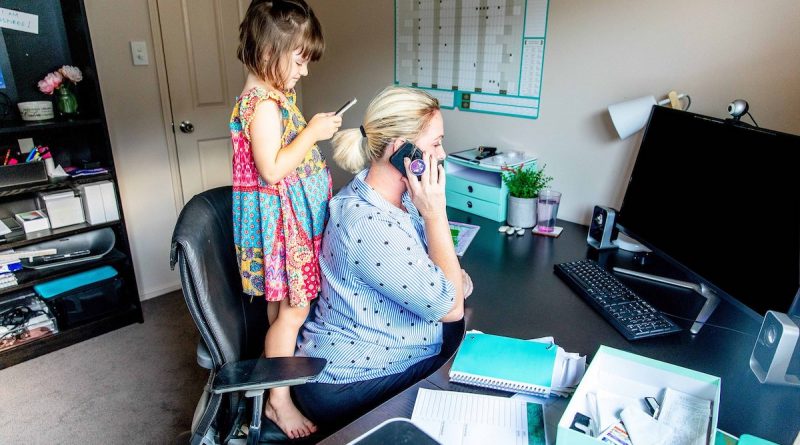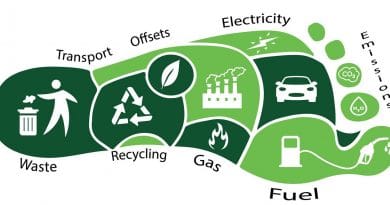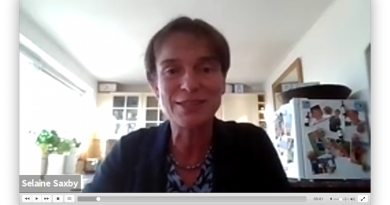Lessons to be Learned from Covid19
We are now in the middle of a lock-down that has seen many local businesses and individuals suffer hardship, stress and anxiety. Not all of our businesses and individuals can benefit from the government assistance available and many of our older residents and those with underlying health problems are particularly susceptible to loneliness and anxiety. However, we have also seen a fantastic community spirit emerge with people going to extraordinary lengths to help look after and support the most vulnerable.
We must not forget, though, that we are now in the midst of two emergencies, the COVID19 emergency and the Climate Emergency. When the COVID19 emergency is over we will still have to face the Climate Emergency which could, in the longer term, be even more devastating. The time to act to prevent this has to be now. So, what can we learn from our current situation that we can apply to help prevent the climate crisis? One thing that we must learn is that timely pre-emptive action is crucial to prevent the worst effects of any anticipated emergency.
In addition, we are seeing various positive effects of global lock-down. According to research commissioned by the Guardian from the Norwegian energy consultancy, Rystad Energy, the world lock-down is likely to cut the world’s CO2 emissions in 2020 by 2.5bn tonnes or 5%. Much of this saving is from the shutdown of industry and the grounding of aircraft fleets but what can we do locally to try to maintain this cut in emissions?

Anyone who, like me, lives close to the A39 can’t help but notice the almost total lack of traffic on its way to Barnstaple and back. One of the main causes of carbon emissions is transport. In North Devon, where most emission sources have been slowly falling over the last few years, transport is the one source that is still rising. So how could we ensure that we continue to benefit when lock-down is over?
- According to the Vehicle Certification Agency website, a new, average size petrol-powered car will emit about 160 gms of CO2 per kilometre (this is based on a Ford Focus 1.5 Eco Boost, larger or older cars will emit far more).
– - A return journey to Barnstaple is about 64 km. Each journey would, therefore, emit 160 gms x 64 which comes to over 10 kg of CO2.
– - Not everyone can work from home and there is, of course, a social aspect to work, but if a person who normally works in Barnstaple, but is currently working from home, can continue to do so for just two or three days a week, this would lead to a saving of over 100 journeys over a year.
– - This would save more than a tonne of CO2 emissions annually per person.
– - Just 10 people working from home for two or three days a week could save an amount of CO2 in a year equal to the weight of a double-decker bus!
– - If 100 or 200 people could do the same…………….!
– - Many of us have now become familiar with video conferencing systems such as Zoom for work or family meetings. If work meetings can continue to be held this way then many more tonnes of carbon emissions can be cut.
– - It doesn’t take much maths to imagine how much in total we could cut transport-initiated carbon emissions if this happened all over the country.
There are also other benefits to working from home. Several people who are currently working from home have told me that they are experiencing an improved work/life balance and yet are being just as productive at work, if not more so.
The hour or more not being spent in a car each day can be spent with children and other loved ones, something that we have come to value more than ever as so many have suffered enforced separation. In addition, more time living and working in our community means we will continue to shop locally, share what we have, grow our own food, shop for our neighbours and, above all, continue with the incredible community networks that have emerged.
All this will inevitably lead to a more locally-based, healthier, interactive and sustainable economy.
One thing is for sure. We cannot let the Covid19 emergency pass without learning lessons and finding ways to apply those lessons to the impending climate emergency. If we can do that and also build a happier, healthier community then all the suffering won’t have been in vain.




